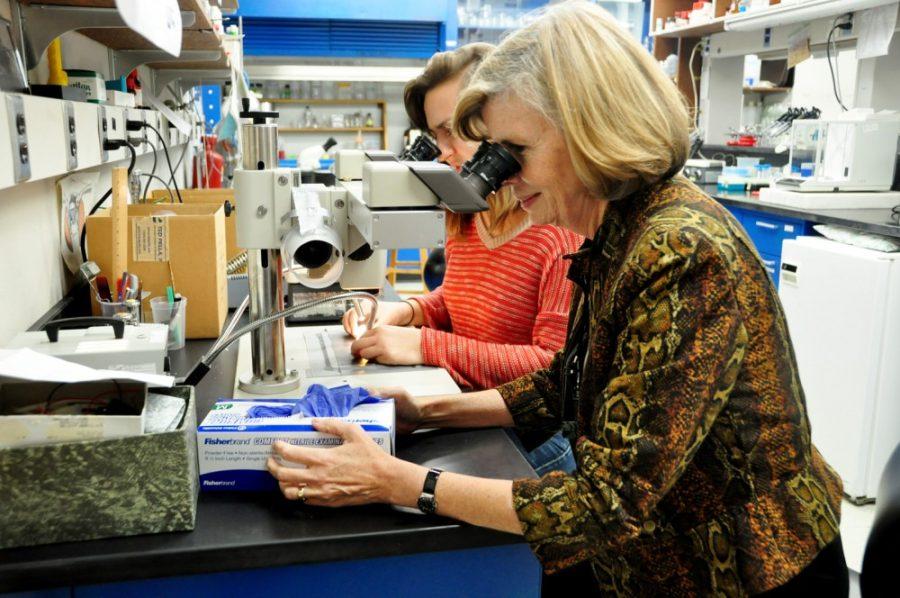Here are some tips for how to succeed at the UA:
Stay open
The college transition can be a major source of stress. Associate Director of Communications and Outreach Pam Obando is one of the staff from Residence Life that helps students make it through each year.
“”Be open to new people and experiences,”” Obando said. “”In your residence halls, you can join your Hall Council or Residence Hall Association, which is a great way to get involved with your new hallmates.””
Leticia Soto-Delgadillo, an academic advisor and director at the Center for Exploratory Studies, suggests students be patient, have a plan and talk to their advisor.
Heating up
Getting acclimated to college life is hard enough, but the weather in Tucson doesn’t do UA students any favors with temperatures often reaching triple digits.
“”Avoid sun exposure when it’s at its most intense, between the hours of 10 a.m. and 3 p.m.,”” said Lee Ann Hamilton, assistant director of Health Promotion-Preventative Services. “”Watch for signs of dehydration, which can be headaches, fatigue, heat cramps, nausea, dizziness, fainting.””
Hamilton said that campus safety experts cite staying hydrated, resting, keeping out of the sun during its most intense hours, and protecting your skin and eyes from UV rays as ways to adapt to Tucson’s blazing climate.
The UA SafeCats program encourages students to “”carry water or juice with you and drink continuously. Avoid alcohol and caffeine, which dehydrate the body.””
Relax
In addition to physical stresses exerted on the body during the first few weeks back at school, students have to combat academic and social pressures.
“”Everybody has stress, it’s how we respond to it that differentiates us,”” Hamilton said.
To deal with academic stress, Hamilton suggests trying relaxation techniques and coping with stress in positive ways such as hanging out with friends and exercising, rather than resorting to drugs, alcohol, staying up late and other negative coping methods.
“”Balancing your school and social life is a key component to avoiding stress. Make choices you can control, prioritize, and don’t stress out about things you can’t control,”” Hamilton said.
Teacher’s pet
Obando also suggests communicating and developing a good relationship with your professors as ways to cope with the first few weeks at school.
“”Meet your professors, introduce yourself to them, and develop good time management skills by planning ahead,”” Obando said.
Some professors set aside extra time the first week for meeting with their new students.
But getting to know your professor can be more of a challenge if you are taking an online class. “”Students should come into the sessions that are offered so they can ask questions and learn the technology,”” said Peter Waller associate professor in the Agricultural-Biosystems Engineering department who teaches online courses.
Despite this, Waller says most students taking online classes usually aren’t interested in face-to-face interaction, preferring to communicate through e-mail and discussions boards instead.
Waller also stresses the importance of spending an adequate amount of time dedicated to each class. “”At least six hours a week per class is what a student should be applying to any college-level course.””








